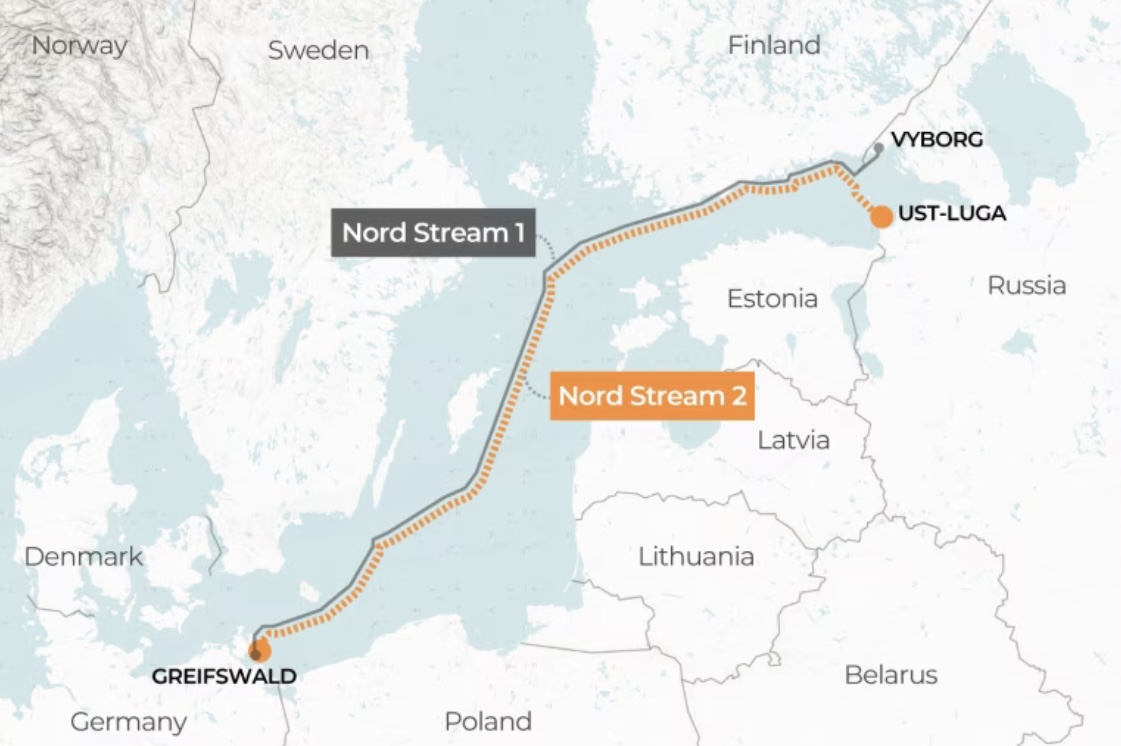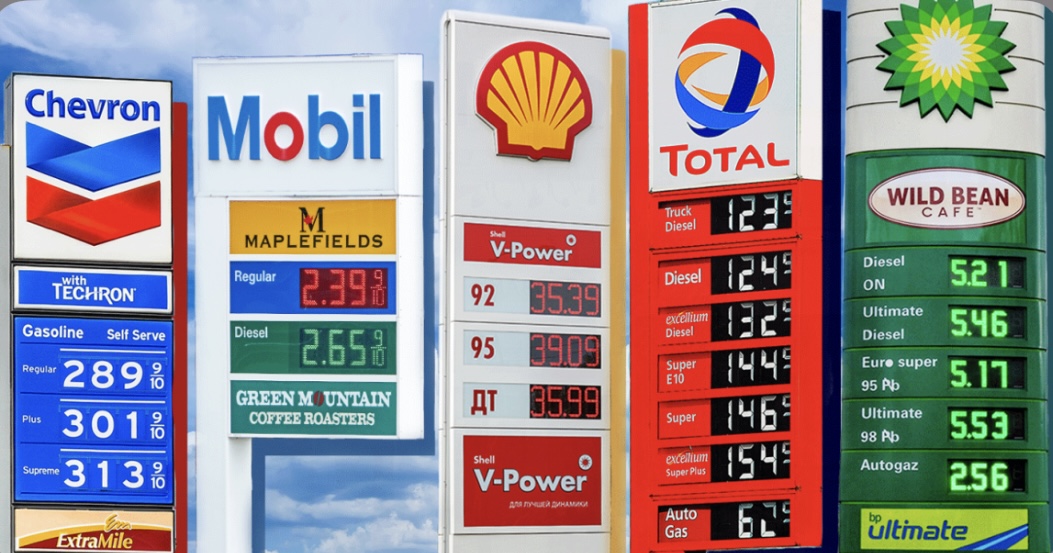On Saturday, the head of the International Energy Agency announced that, in 2022, the global oil and natural gas industry earned over $4 trillion. This was a massive increase from the $1.5 trillion average in previous years. The head of the organization tweeted, “The global oil and gas industry’s income jumped to almost $4 trillion in 2022, a huge rise from its recent average of $1.5 trillion.” The chief went on to say, “The sector has a unique opportunity to invest a significant chunk of this in clean energy transitions, especially in emerging & developing economies.” He did not suggest investing a large chunk of that revenue in additional oil and gas production capacity. This is something that many, including Goldman Sachs and Saudi Arabia, have been saying is vitally important if a major energy shortage is to be avoided. Many of the super major oil companies, including Shell, Chevron, and ExxonMobile, reported record years in profits. Shell, BP, Chevron, TotalEnergies, and ExxonMobil are expected to announce a combined $200 billion in profits for 2022.

These record profits come at the same time that excessively high energy prices have rocked the citizens of the nations that these companies are based. According to the US National Energy Assistance Directors Association, household energy prices are already up 7.5% from where they were at the start of 2021. The agency suggests that this percentage could rise to 16% by the end of 2024. The rise in energy prices has been felt even harder in the UK. According to the British Office for National Statistics, the price of gas in the UK has risen 128.9% since the start of 2022. This trend is being seen throughout much of the EU, including Germany which is the industrial powerhouse and largest economy of the EU.

The EU has so far been able to make it through this most recent winter with a limited gas supply, due largely to the reserves that they had at the start. But next winter these reserves will be much lower and the block will greatly struggle to refill their reserves. This is largely due to there not being enough transport capacity in the world to replace the amount of oil and gas that the EU was purchasing from Russia before the invasion of Ukraine. Also, the infrastructure required to accept shipments of such volume does not currently exist and would likely take 3-5 years to construct. The destruction of the Nord Stream pipelines has only further exacerbated this enormous challenge for the European Union.


